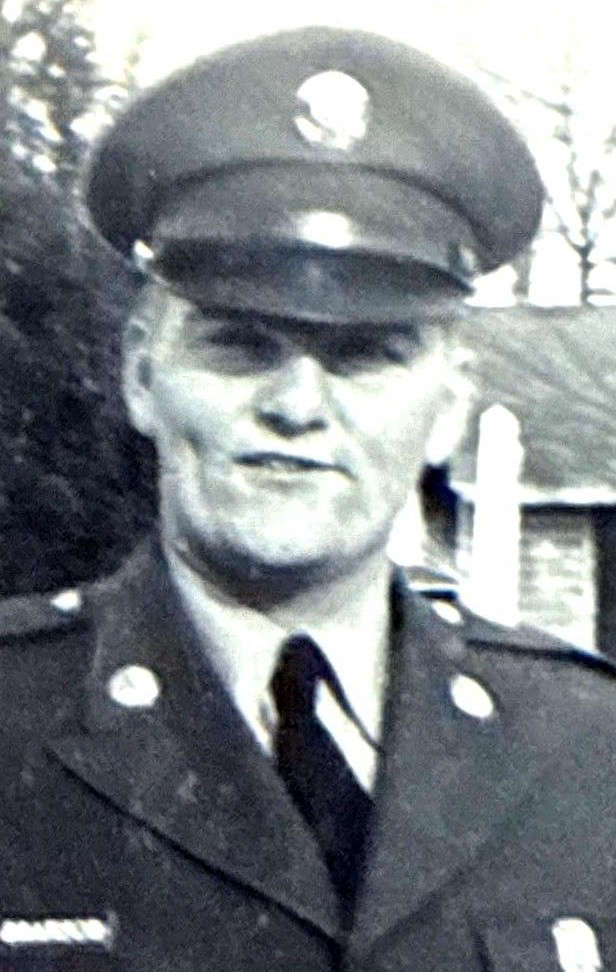
letters-home-my-stay-in-a-japanese-hospital
First and foremost, I want to thank everyone who reached out with well wishes after my last column regarding my accident in Amsterdam. Thank you all so much, and rest assured, I am healing more and more each day.
Along with everyone’s well wishes, I received quite a few questions related to Japanese hospitals, my particular stay, and how long I think I will be in the hospital. So, in this column I am going to try to answer as many of those questions as I can.
So many of you have expressed surprise at how long I am staying in the hospital. Americans are especially amazed at how long I am being kept in the hospital. I arrived back to Japan on Jan. 8 and I was immediately admitted into the hospital; my surgery was scheduled for Jan. 19 , then rehab for two weeks post-surgery minimum, in hospital.
It seems that the 19th was the earliest it could be done due to a crowded operating room schedule. Alas, pre-surgery, I was limited in my mobility due to the torn triceps tendon, as a result, even though I followed the doctor’s instructions about moving my legs and toes as much as I could, I developed two blood clots in my legs which traveled through my heart and landed in my lungs. So, this little setback means I must stay in the hospital at least a week longer than anticipated, to try to dissolve these.
So, for over ten days I was in a holding pattern while I awaited my surgery. People were astounded that I wasn’t sent home to await the surgery. This is typical in Japan, and in fact, it is not uncommon for people to spend a month or more in hospital when having a serious condition or surgery that needs treatment. I like that the Japanese healthcare system doesn’t shoo people out as quickly as they can and they allow patients to recover properly under direct supervision of the hospital staff.
Upon admission, I was given a choice of a shared room with four people, or a private room. The cost difference per day was around $20 more for a private room, which has to be out of pocket, but because I not only have travel insurance, but also a supplementary policy, this will be covered so I opted for a private room. In the U.S. the cost difference is so great that without good insurance a private room would be too expensive to have.
One reader was very interested to know what a typical day entails for me in a Japanese hospital. A patient’s usual day is quite regimented. Things tend to happen like clockwork. For example, at 7 a.m., a woman comes to serve green tea or water; at 7:15, a nurse’s aide comes in with a hot towel so I can wipe my face. It’s a thick, disposable paper towel called an oshibori. It is refreshing upon waking up first thing and being able to wipe one’s face with a hot towel.
At 7:45, a nurse comes with my morning medication to be taken after breakfast. Promptly at 8 a.m., breakfast is served. It usually consists of some sort of grilled fish, white rice, and miso soup. Sometimes, a slice of fruit is also on the tray or a gelatin cup. I am not a fish eater, so that is a bit of a problem as most meals have some sort of fish component.
Between 8:20 and 8:30, the breakfast tray is picked up. If you aren’t finished eating, they will allow you more time to finish. Around 9 a.m., a nurse comes to take my vitals (blood pressure, temperature, and oxygen levels). At 10 a.m., a cleaning lady comes through to empty the trash, dry mop then wet mop the floor and just make sure the room is generally clean.
At 11 a.m., the woman comes around with more tea or water in preparation for lunch which is served at noon. Again, between 12:20-12:30, the tray is picked up. Around 1 p.m., a nurse comes in to take my vitals again, then around 3 p.m. I have rehab. It started out at about 15 minutes, but as I heal the time has increased to about 40 minutes. I still have to use a leg splint for several more weeks, and that means I must use a Japanese walker (see photo). It looks funky, but it works really well and is very sturdy and stable.
Visiting hours are from 2-4 p.m., with a maximum of three people allowed to visit and for only 30 minutes each. Visitors can only be immediate family and they must adhere to all Covid protocols, like getting their temperature taken, filling out a form, and wearing a surgical mask.
A student brought me papers to grade and they almost didn’t let her in because she isn’t “family.” I bargained with them to let her come for 15 minutes to hand over the papers to me, and they did allow her to give them to me. But normally the rules are strictly enforced with no exceptions.
At about 5 p.m., the woman comes around with the evening water or tea and dinner is served at 6 p.m. Evening meds are delivered about 6:30 p.m., and vitals are taken again at about 8 p.m.
A boy comes around about 8:30 to disinfect the bed table by wiping it down thoroughly. A tenth Covid wave is threatening to rear its ugly head, so many Covid precautions are still in effect. The hospital WIFI is shut down at 9 p.m., so I have gotten into the habit of going to bed just after the WIFI signal goes dark.
The first week was so uncomfortable as I was still suffering from severe jet lag. My body clock is now on Japan-time, so my sleeping pattern is more regular. That is my typical day in a nutshell.
For two days post-surgery, I was forced to use a bedpan, which is a humiliating and humbling experience. I know it’s a normal bodily function and I realize that the nursing staff are all professionals and things like that likely do not bother them in the least, but for me, the idea of being assisted with one’s most intimate daily elimination duties left me demoralized. Besides, I have shirts older than most of the nurses on staff, so I felt odd having to be cleaned up and sponge-bathed by such young women.
Thankfully, I graduated to being able to go to my room toilet with assistance to now finally being able to do it all on my own. It’s the small victories for sure!
It is amazing how much you take for granted in your daily life until you can’t do something, and how helpless you feel when you are dependent on all those around you. For example, Tuesday is shower day, and a hot shower never felt so good. It’s the little things, truly.
Again, the entire nursing staff has been fabulous so any hangups are purely my own. Nobody at any time has made me feel strange or uncomfortable by their behavior or actions, it was all me feeling inadequate, embarrassed, and vulnerable during these instances.
By all means, if you have any more questions regarding my Japanese hospital experience, please feel free to drop me a line at toddjayleonard@yahoo.com.
No doubt at least a couple more future columns will include my hospital and rehab stints here in Japan.
The Shelby County Post is a digital newspaper producing news, sports, obituaries and more without a pay wall or subscription needed. Get the most recent Shelby County Post headlines delivered to your email by visiting shelbycountypost.com and click on the free daily email signup link at the top of the page.





